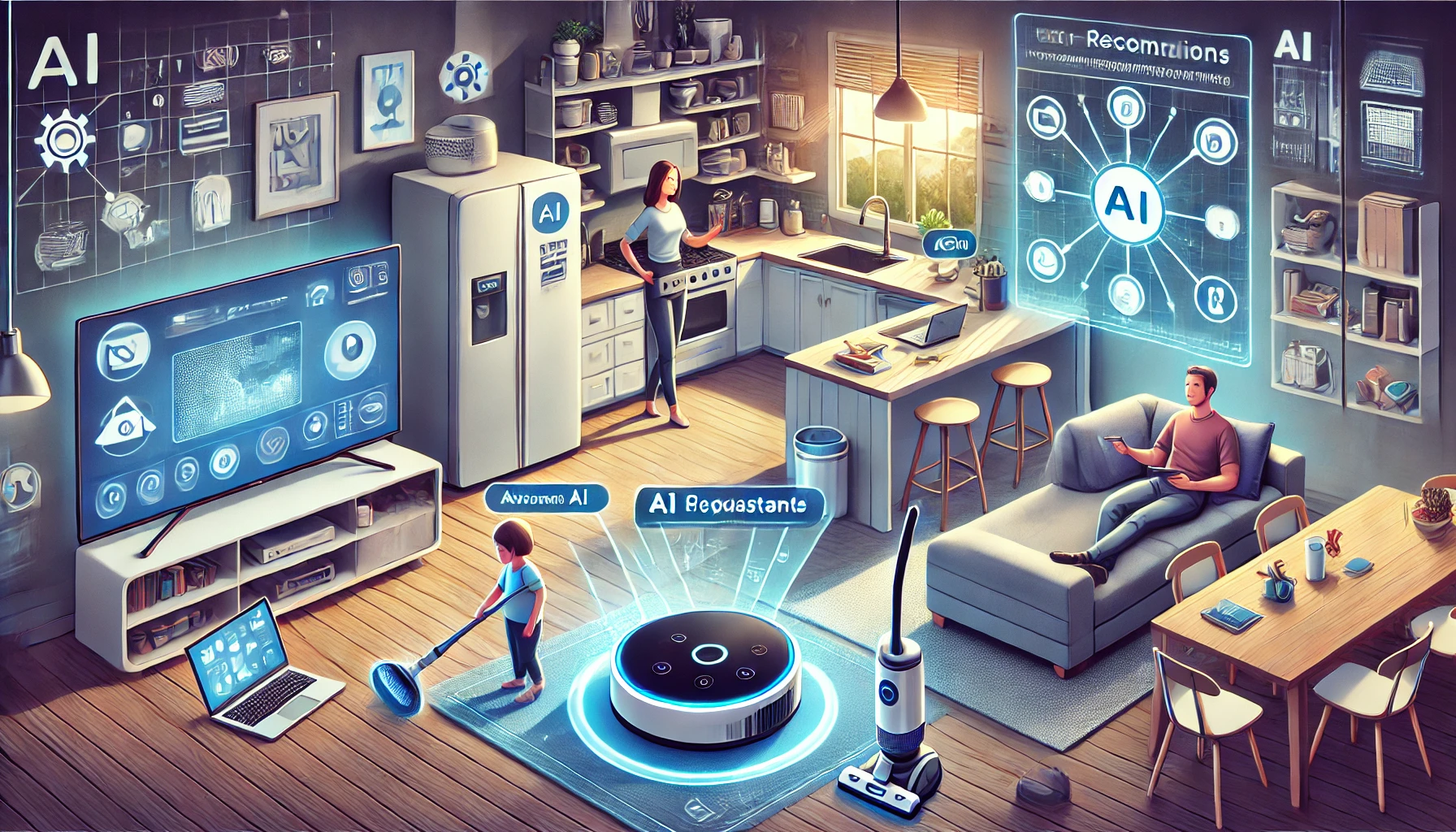Artificial intelligence (AI) is ever more an integral component of our everyday lives, revolutionizing the way we work, communicate, have fun and much more. But, exactly, how can AI improve our everyday lives?
Virtual assistants: help always available
Virtual assistants, for example Siri, Alexa or Google Assistant, are the most widespread example of the use of AI in our everyday lives. Indeed, thanks to voice recognition, natural language processing and IoT connectivity, these devices answer our questions, manage our calendars and control the smart devices in our homes. Furthermore, thanks to Machine Learning technologies, these assistants are becoming more and more precise, revealing a usefulness that we probably didn’t even expect.
Personalization of experiences
AI, as we will see, also plays an essential role in entertainment. Platforms like Netflix and Spotify use ML algorithms to analyze people’s preferences and suggest music and movies we might like. Marketplaces, like Amazon, do the same to always find new products to recommend. Beyond ethical issues, it is clear that in this way the user experience becomes more engaging and pleasant, also allowing the discovery of new products that would otherwise have remained hidden.
Automation of home tasks
Home automation is another field in which AI becomes a companion in our everyday lives. Smart home systems can now control everything, from lights to thermostats, from locks to cameras, almost always with the help of AI. Smart thermostats, for example, like Nest, use AI to learn your heating habits and automatically adjust the temperature to save energy. Computer vision built into smart cameras allows them to automatically detect security risks, and robotic vacuum cleaners, like the Roomba, use AI to map your home and clean it more efficiently.
Health and wellness
Fortunately, AI is also proving to be a precious ally when it comes to health and well-being in our everyday lives. Applications like FitBit or Apple Health use AI to monitor vital signs, analyze diet and physical activity data, and provide personalized recommendations to improve your health. Medical chatbots, on the other hand, provide preliminary health advice based on the symptoms described to them, helping to decide whether to consult a doctor, go to the emergency room or choose another solution.
Transport and mobility
The way we travel is now imbued with technology: navigation apps like Google Maps or Waze use AI to optimize directions in real time, taking road and traffic conditions into account. Furthermore, cars are now often equipped with advanced driving assistants, such as Tesla with its autopilot, which use AI to optimize driving safety and comfort.
Education and learning.
Online learning platforms that use AI to offer personalized courses and adapt content to the student are an example of how AI is completely renovating the education sector. Apart from this, there are AI-powered educational assistants that can perform various tasks taking the place of a teacher, such as answering specific questions, providing exercises, and monitoring progress.
Conclusions
As we have seen, AI is already an important component of our everyday lives, and we expect its impact to continue to grow. AI, when used mindfully, promises to make our lives easier, safer and more enjoyable, and with advancements in technology we expect it will be increasingly integrated into our routines and everyday lives.


